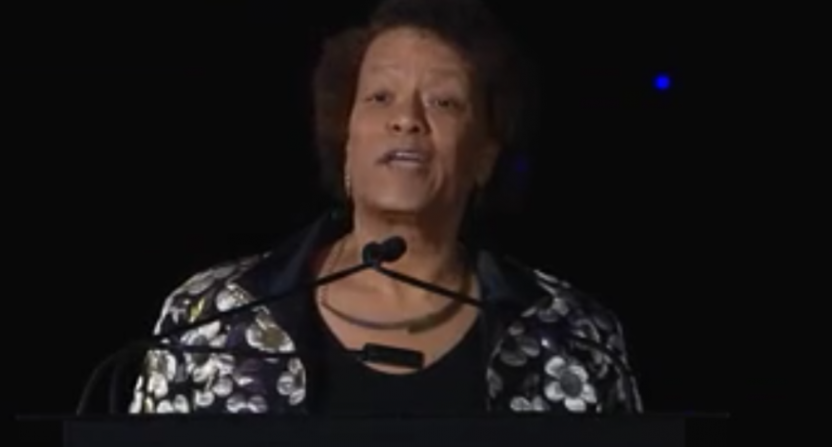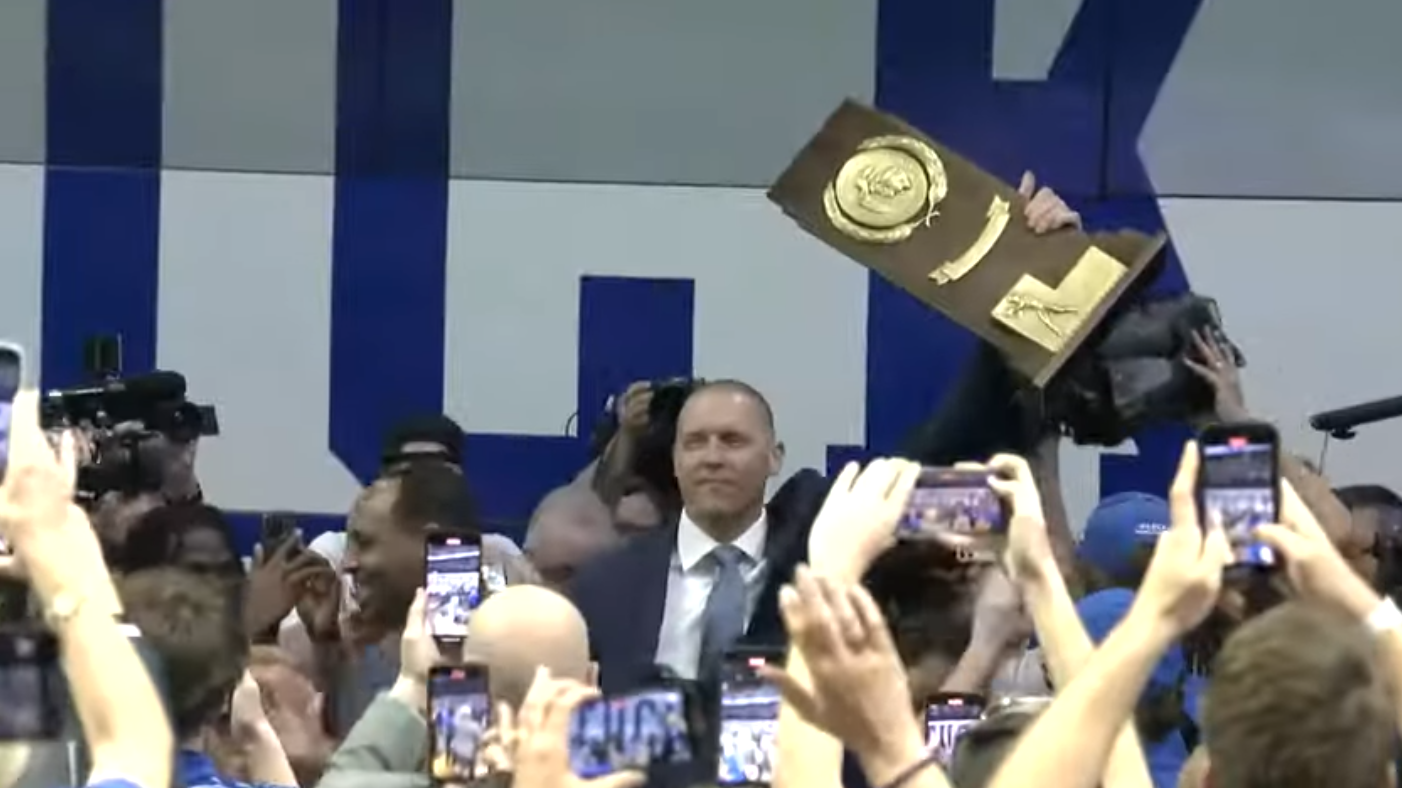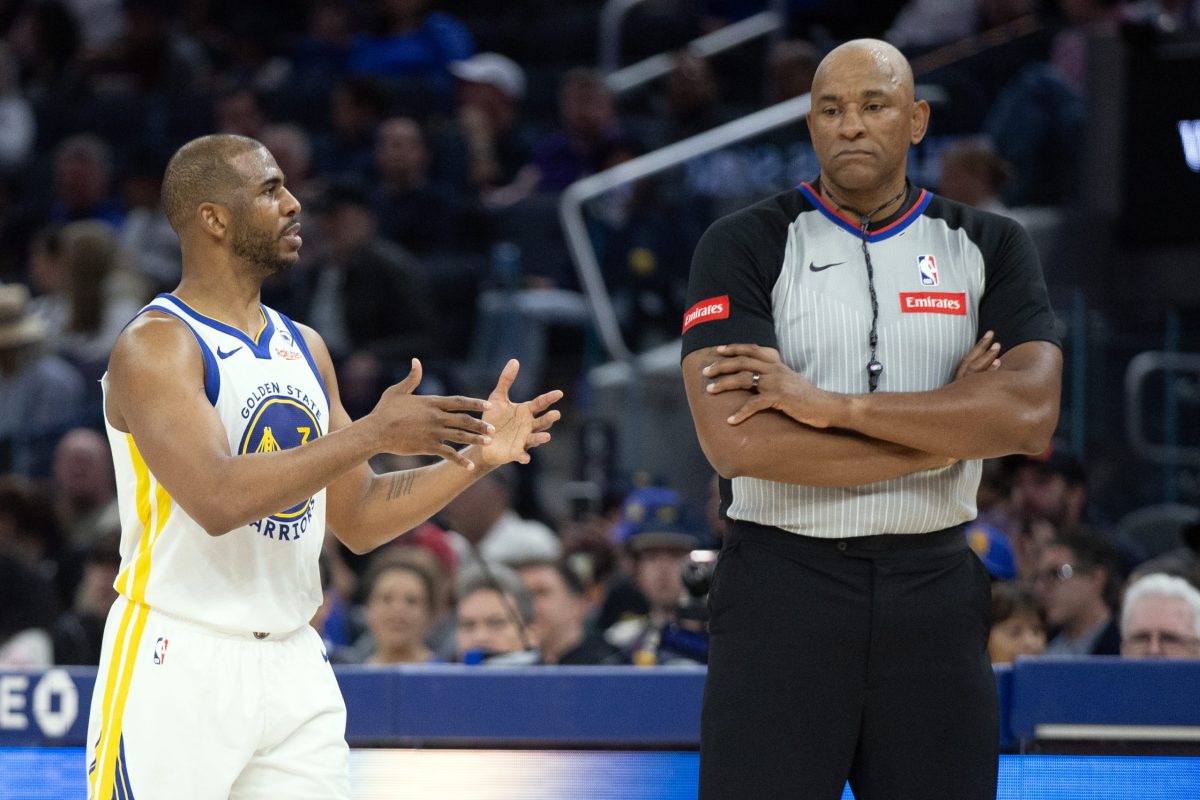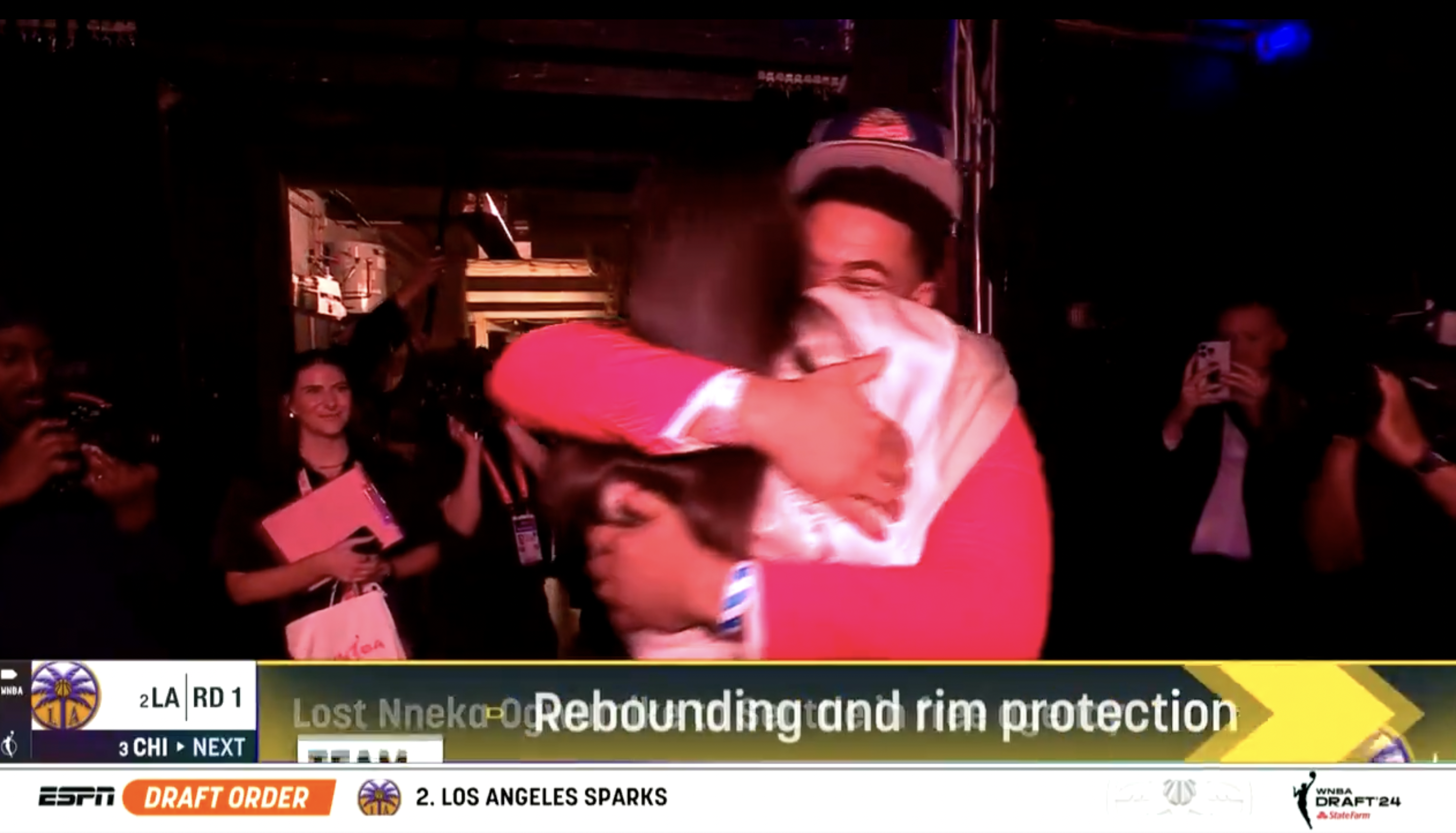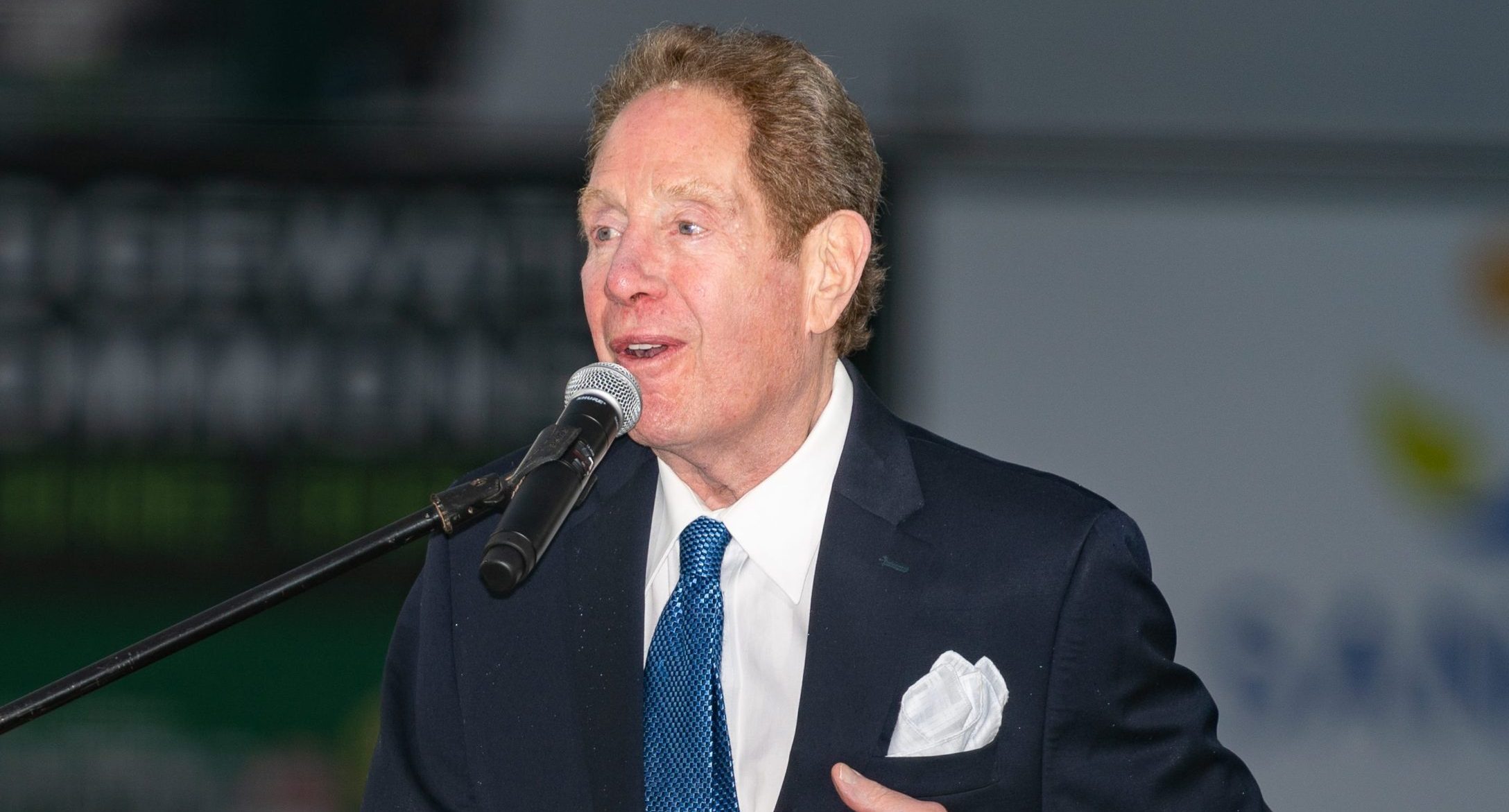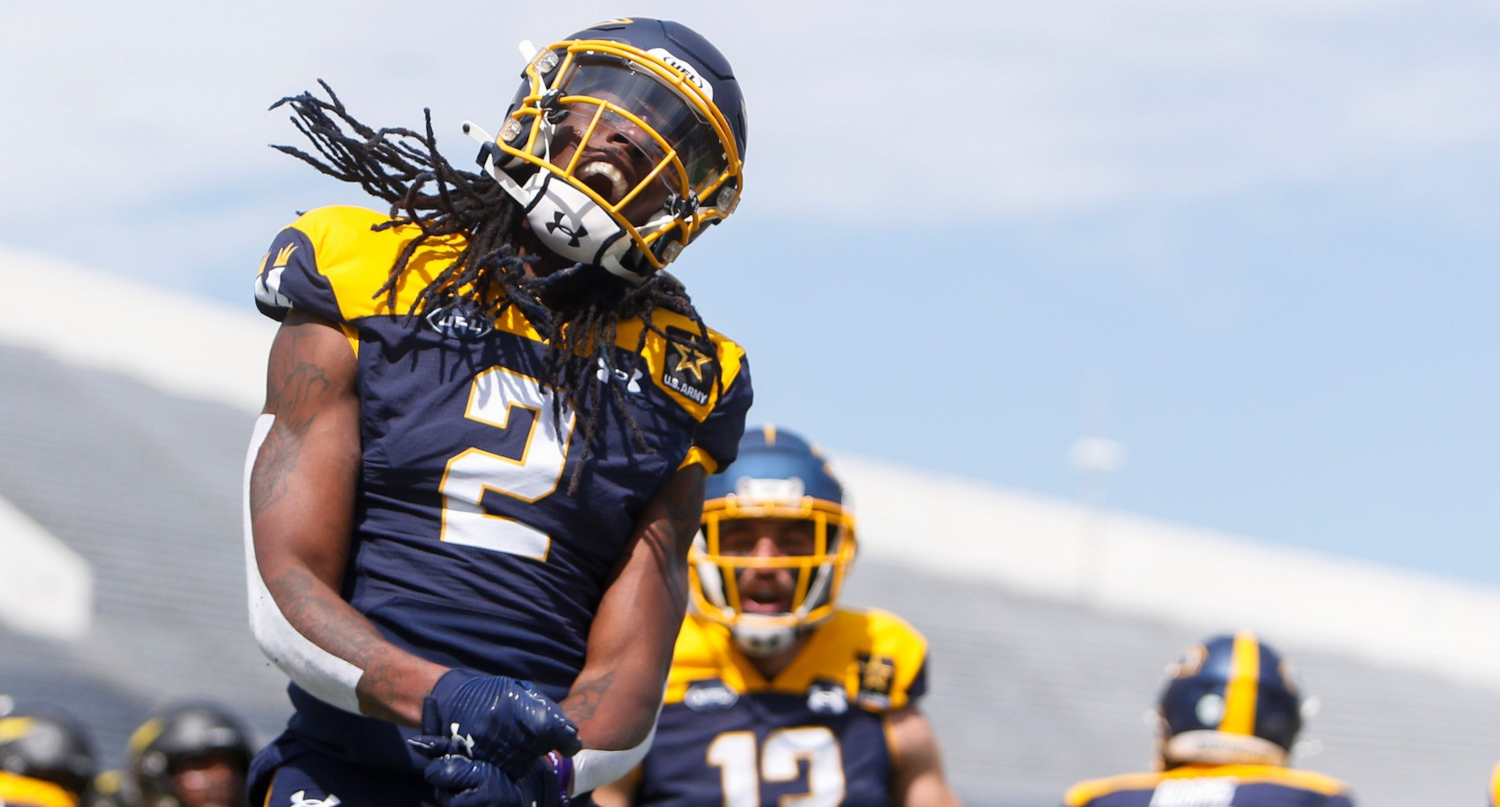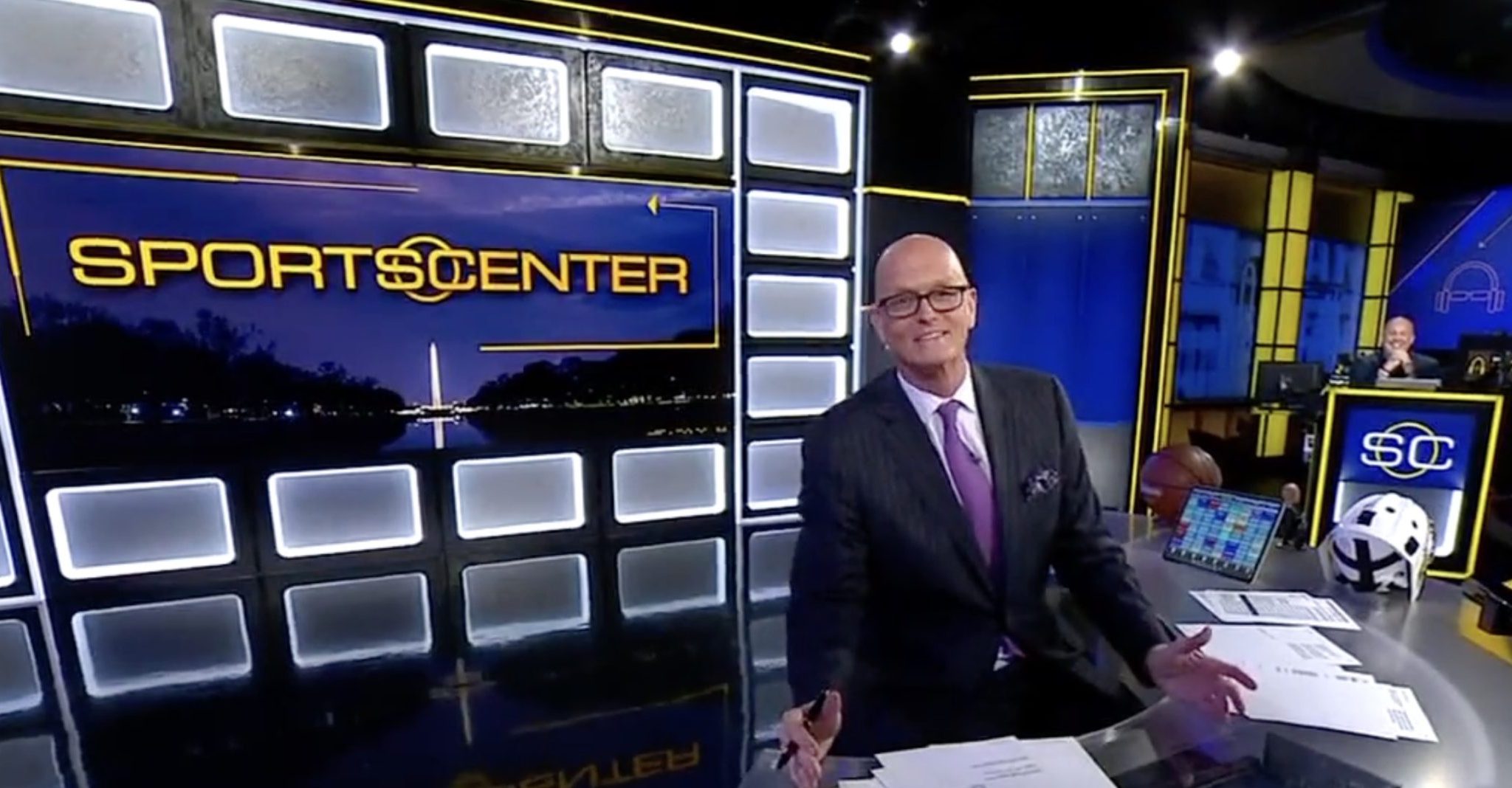ESPN news editor Claire Smith is an incredible trailblazer, and someone who’s survived and thrived despite a lot of adversity. That was shown in December when she became the first female recipient of the J.G. Taylor Spink Award, the top honor for a baseball writer and one that will lead to her induction into the Baseball Hall of Fame’s media wing in July. It was further demonstrated last week when she received the ROBIE Award from the Jackie Robinson Foundation. That awards dinner saw Smith give a remarkable speech, one where she said the many challenges she’s faced throughout her career are minimal compared to those others have dealt with.
In a sports media world where both women and minorities are significantly underrepresented, especially at the highest ranks, Smith has long been a key figure in the field. She was the first female MLB beat writer (covering the Yankees from 1983-87 while at The Hartford Courant), and she was a crucial part of the fight for female reporters to have clubhouse access. The San Diego Padres physically removed her from their visiting clubhouse following Game 1 of the 1984 NLCS, despite that violating a National League rule, and that led to commissioner Peter Ueberroth instituting a new rule mandating equal access across MLB.
Smith later became a long-time New York Times columnist and a long-time Philadelphia Inquirer editor and columnist. She’s done great work in all of those roles, and in her time at ESPN. She joined ESPN in 2007, and is a coordinating editor for ESPN’s universal news group, with an emphasis on baseball. Her selection for the Spink Award was yet another trailblazing moment, as was her selection as one of the Robinson Foundation’s two 2017 honorees (this year’s other pick was Johnson and Johnson CEO Alex Gorsky). But Smith spent most of her speech recognizing others, and the part at 12:30 where she starts talking about her parents is particularly notable:
Smith talks about how her father was a great artist and storyteller, and about how her mom was a rocket scientist for General Electric and was involved in building the fuel cell that sent John Glenn into space. At 14:00, she talks about how the discrimination she faced was nothing compared to what they faced.
The latest
“Learning of their tribulations raised them to the highest pedestals in my mind, while reminding me that what I go through…being kicked out of a locker room one day in my 35-year career, that’s just a tiny little misstep. That is not trial, that is not tribulation. It is nothing at all compared to what Mom and Dad, Jackie and Rachel (Robinson), and all the folks that came before them and alongside of them went through. What do I possibly have to gripe about? Absolutely nothing.”
While Smith is downplaying it there, though, she has faced significant discrimination and pushback, and many female journalists and journalists of color continue to deal with those issues as well. She goes on to talk about how her parents “loved a country that too often, didn’t love them back,” and that’s still an issue for many today. Smith’s own career is evidence of how there’s been plenty of pushback against female and minority journalists.
Smith has managed to have an incredible career despite that discrimination, though and she’s proved to be a key trailblazer and an inspiration to many. It’s great to see her recognized this way. While she may downplay the challenges she faced, she deserves a ton of credit for overcoming them, and for staying in sports journalism and surviving and thriving there.
The end of Smith’s speech, about the need to keep asking key questions and keep relating sports and the individuals that play them to society, is a message that should resonate with journalists today. It’s one that’s incredibly important, and it should be taken seriously, especially coming from a source so renowned. Congratulations to Smith on this award, and may her speech and her career serve to motivate many more journalists in the days to come.
[ESPN Front Row on Vimeo]

